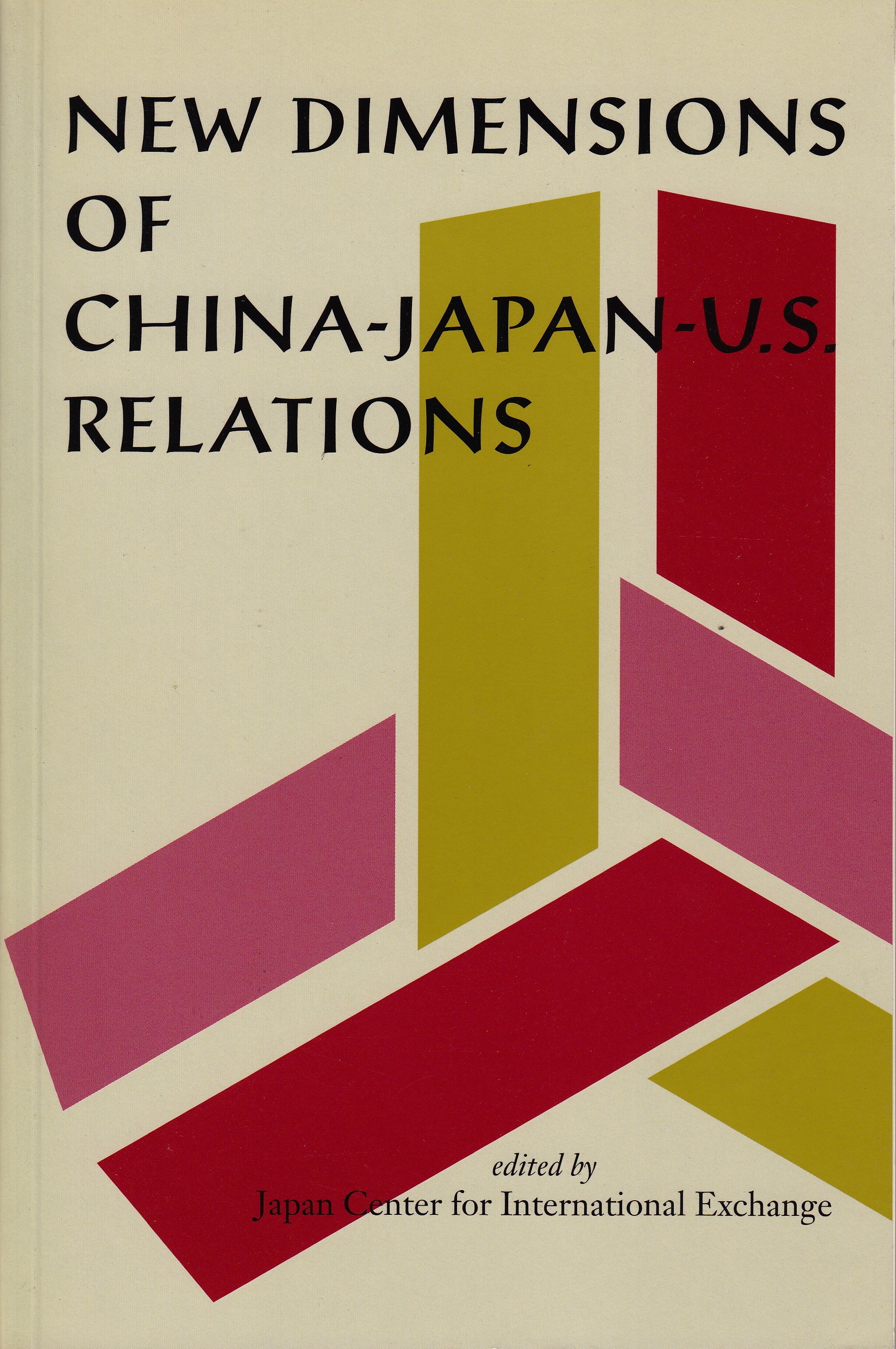Today, events in Asia Pacific are forcing China, Japan, and the United States to reassess their individual bilateral relations and the trilateral relationship in order to successfully manage the transition from old, cold war patterns of interaction to a post-cold war structure of regional international relations. The exchange of summits between China and the United States, the Asian financial crisis, and the nuclear tests by India and Pakistan redirected the security agenda of the Asia Pacific region in 1998. In 1999, trilateral relations were further complicated by the NATO bombing of the Chinese embassy in Belgrade, China’s bid for entry into the WTO and US allegations of Chinese espionage.
The nine essays collected in this volume analyze these new dimensions of the China-Japan-US relationship and evaluate the status of such traditional factors as the Korean peninsula, Taiwan, and the US-Japan security alliance. The eight authors, all of whom are seasoned observers of international relations, recognize that three-way dialogue among China, Japan, and the United States is essential as the countries of Asia Pacific shed traditional approaches to security to forge a new set of stable and cooperative regional relationships. How China, Japan, and the United States—the three countries with the greatest influence in the Asia Pacific region—conduct their interrelations and deal with regional issues will affect the future of Asia Pacific.
The study was conducted as part of the China-Japan-US Research and Dialogue project, part of the Global ThinkNet Fellows program and the broader Asia Pacific Agenda Project (APAP).
Contents
- 1. Introduction: Prospects for a China-Japan-US Trilateral Dialogue
- Scott Snyder, Asia Specialist, Research and Studies Program, United States Institute of Peace
- 2. Progress, Problems, and Trends
- Yang Jiemian, Director and Senior Fellow, Department of American Studies, Shanghai Institute for International Studies
- 3. Economics, Security, and Asian Stability after the Crash
- Evan A. Feigenbaum, Fellow, Robert and Renee Belfer Center for Science and International Affairs, John F. Kennedy School of Government, Harvard University
- 4. The Asian Financial Crisis and the Trilateral Relationship
- Watanabe Koji, Executive Advisor, Japan Federation of Economic Organizations; Senior Fellow, Japan Center for International Exchange
- 5. Beyond the Asian Financial Crisis
- Daniel H. Rosen, Research Fellow, Institute for International Economies
- 6. Where Does Japan Fit in the China-Japan-US Relationship?
- Funabashi Yoichi, Chief Diplomatic Correspondent and Columnist, Asahi Shimbun
- 7. Causes and Implications of the South Asian Nuclear Tests
- Ni Feng, Associate Research Fellow, Institute of American Studies, Chinese Academy of Social Sciences
- 8. Developments on the Korean Peninsula and in Trilateral Relations
- Lee Jong Won, Professor of International Politics, Rikkyo University
- 9. Trilateral Relations and the Korean Peninsula
- Scott Snyder, Area Specialist, Research and Studies Program, United States Institute of Peace
- 10. Index

